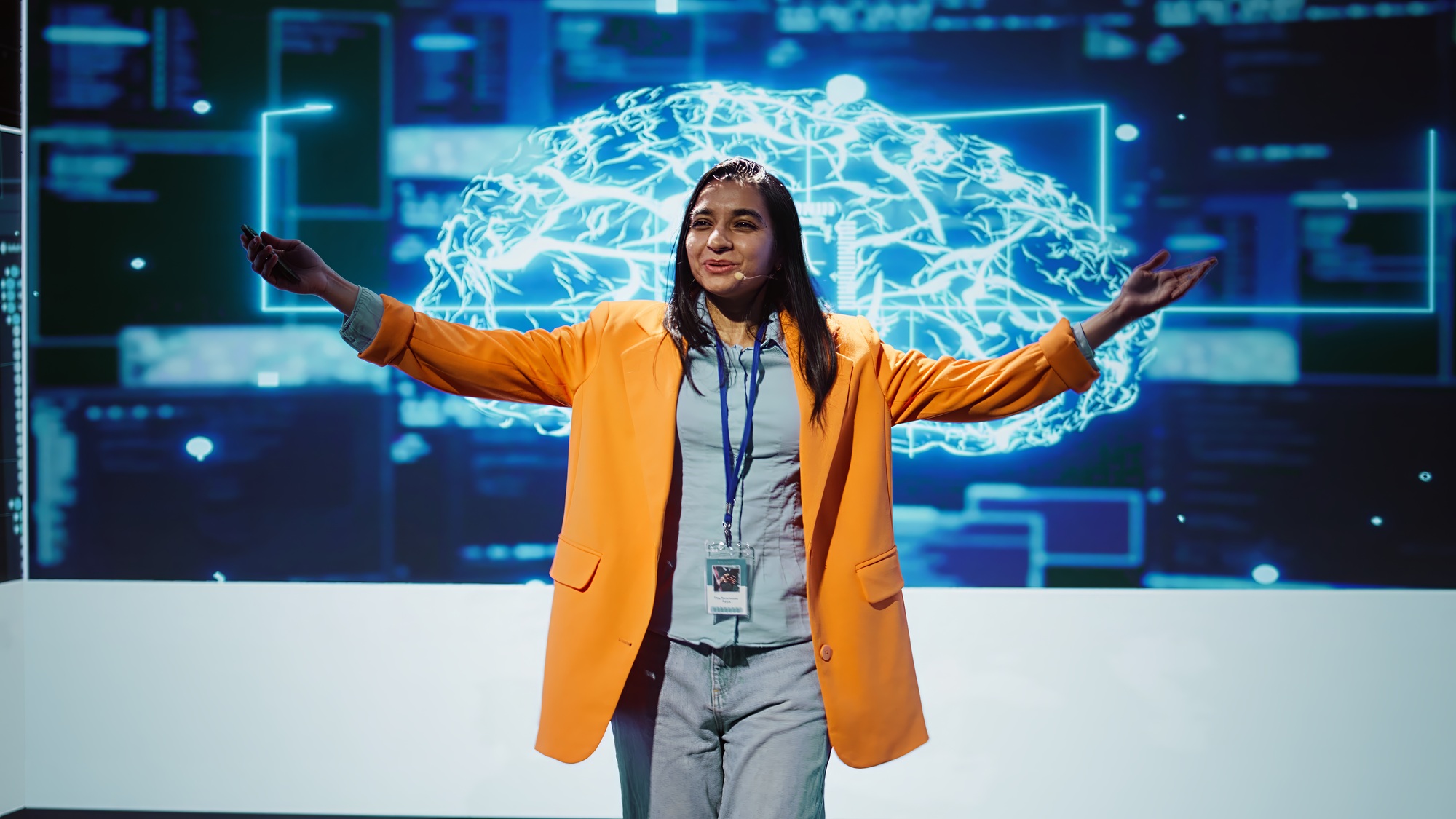Escalating global trade tensions may present significant challenges to the development of artificial intelligence (AI) technologies, according to a new assessment by the International Energy Agency (IEA). In its latest report, the agency cautions that rising tariffs and supply chain disruptions could slow innovation and delay the widespread deployment of AI-powered systems, particularly in critical sectors like energy and transportation.
As reported by the IEA, the nascent AI industry is especially vulnerable to geopolitical instability, as it relies heavily on international collaboration, open data flows, and access to specialized hardware—components that are increasingly entangled in global trade disputes. The agency pointed out that restrictions on semiconductor exports and high-tech components, particularly between the U.S. and China, could hamper progress in AI adoption, affecting everything from smart grids to autonomous vehicles.
The IEA also highlighted the increasing energy demands of AI systems, especially large-scale models that require substantial computing power and electricity. In an environment of uncertain global cooperation, efforts to decarbonize energy systems using AI tools may face setbacks. The report notes that AI has the potential to optimize energy use and reduce emissions, but such outcomes depend on stable global supply chains and shared technological standards.
According to the agency, international coordination is critical to realizing AI’s benefits while minimizing its risks. The IEA is calling for stronger global frameworks to facilitate trade in AI-related technologies and to promote sustainability-focused development. Without such collaboration, the sector could experience fragmentation, increased costs, and slower innovation.








